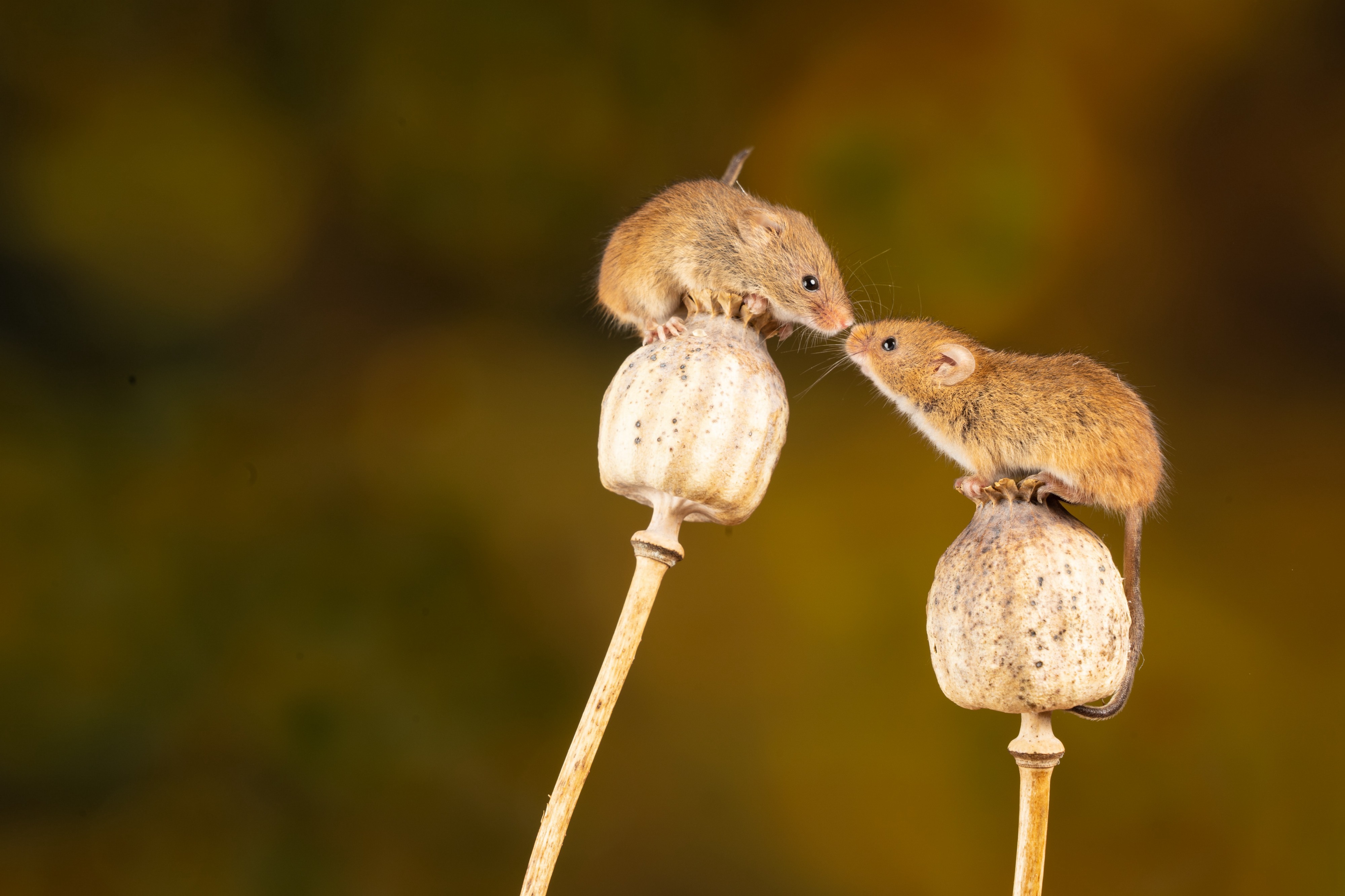Despite awful pop stereotypes about scientists slaving away to uncover monolithic truths about the universe, disagreeing only occasionally when a new theory comes along, reality turns out to be far more complicated. We scientists have to break problems down into smaller parts, dissecting one aspect of the observable world at a time. Occasionally, researchers working on different problems, or coming from different backgrounds, discover just how different they are and just how messy the reality they are observing can be. The encounter often undermines old certainties, and it can leave scars.
Today, millions of very nervous adults are furtively checking sites like “Have I been Pwned” to check if their account details at Ashley Madison have been leaked. Others are checking if their partners or acquaintances had accounts. The hacking and…
Why would an otherwise healthy animal stop reproducing? Natural selection usually favours genes that elevate reproductive success because the very act of reproduction is how genes proliferate. So adaptations that involve self-limited reproduction call for unusual evolutionary explanations. Sterile worker…
The poor old placenta. It really doesn’t get much public attention. And yet it does a crucially important job – acting as the interface between the mother’s blood supply and that of her developing foetus. Every molecule of glucose, oxygen…
Why do humans tend to live such a long time? Our closest relatives, the chimpanzees, can last into their mid forties in the wild. Yet somewhere in the last six million years, human lifespans have lengthened dramatically, so that living…


